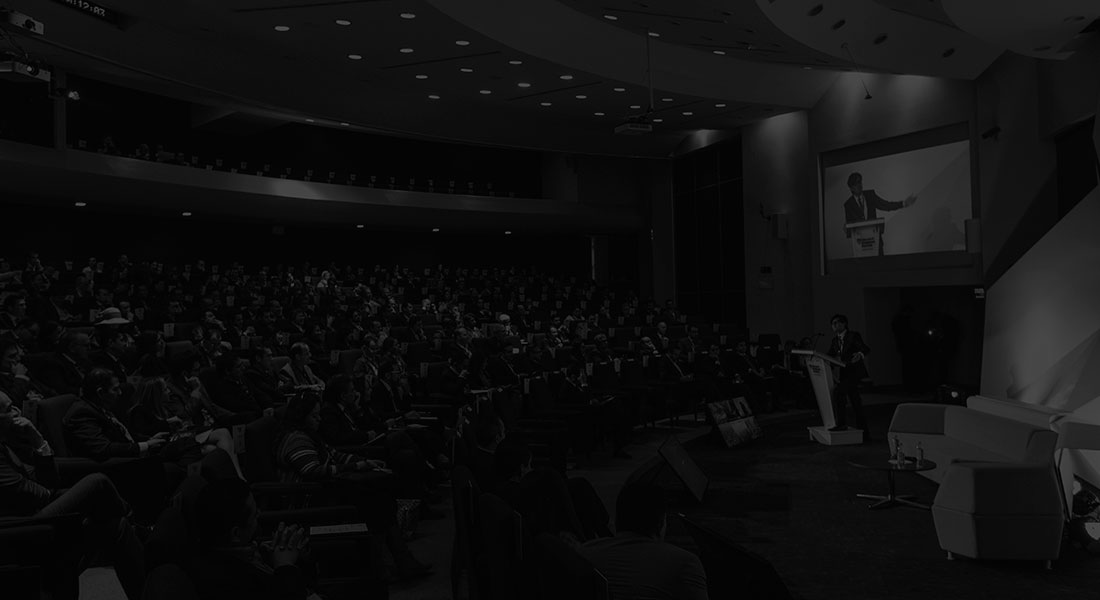


Within a few decades, what we understand by "work" and its relationship with income may completely change. Depending on how the enormous change that is approaching is faced throughout the world, it could be the start of a new era of unprecedented progress and financial security… or it could mean the death of vast numbers of people, in conditions of absolute precariousness and poverty. I do not believe this is an exaggeration. Some politicians – also in Mexico – have begun to make the proposal of a "Universal Basic Income" (UBI). In very general terms, this would consist of giving each person (each adult, I suppose?), for the simple fact of their existence, an income to guarantee their subsistence. Some will think this is impossible; a populist dream, a hollow political promise, or an ideological monster of the most sinful socialism that Marx, Lenin, Stalin and Mao could have dreamed of. Yet there many experts who – on the contrary – claim that implementing a UBI will soon be an absolute necessity for the economies of the world.
Work is not what it used to be. This is not some worker’s complaint; I mean that in very general terms, what we understand by "work", and its relationship with money, are going through a revolution, the results will be noticeable in a few years. In ancient times, the relationship between a job and the result of that work was quite clear. Farmers worked and produced food; blacksmiths worked and produced iron objects. Then came the productive industry, manufacturing tangible things that people consumed; others provided quantifiable services. We now have some post-industrial societies: those that are based almost entirely on providing services, or on selling things that are increasingly intangible, difficult to define and with blurrier boundaries. As well as many "financial industries" which produce nothing, literally nothing. Half of Wall Street consists of that: investment banks or stock exchange firms which, rather than producing something concrete; are actually glorified casinos that speculate on air, smoke and nothingness itself: bonds, stocks, futures, derivatives, purchase orders for things they never actually see, etc. High rollers make and unmake companies, jobs and futures (of real people) with algorithms and hits of a button. They earn millions for doing it; when they make a mistake they are forgiven and rewarded. No one believes anymore that hard work is enough to create wealth. Nobody believes that those who are located high up in the business chain are always, necessarily, those who most broke their back working. The cleaning lady sweeping the floor of said banks probably works longer and harder than the gamblers; yet no one would suggest that through sheer toil, one day she may become richer than they are.
And that is not all. Not only is there now a disconnect between work and tangible products. There is also an unimaginable technological revolution already underway, whereby a large part of mechanical, repetitive or relatively easy jobs will be replaced by machines almost as intelligent as we are. We already have drones delivering pizzas, stores operating through robots, and software capable of diagnosing disease. Intermediaries are fast becoming obsolete. If the tendency goes on, we’ll have a world which will be immensely more productive and efficient, but in need of much fewer workers. Only those not replaceable by a machine will have relative job security: those subsisting on their intellectual power, creativity, and purely mental talent. Raw numbers, in terms of people, are no longer an advantage. Countries with tens of millions of young people, once seen as a demographic gift – the blessing of a large labor force –; could rather be in trouble if those young people are not trained to work with their heads instead of their hands. Nowadays, not even the army nor the field requires a large troop. In both cases, a couple drones and three tractors now do what a thousand "foot soldiers" used to. In such a world, we may find ourselves with a tidal wave of unemployed people and it will be time to change the paradigm. We’ll have to rethink the relationship between work and money, and forget the dogma that money can - or should - only be obtained based on employment. A UBI, provided regardless of work, could start to be perceived as a human right. To many people, this idea sounds illogical; perhaps even immoral of sinful. Even religion commands work: to earn our bread with the sweat of our brow. Why would we destroy that healthy idea? ... Simply put, because we will have no other choice! In a world run by artificial intelligence 90% of what we know today as "work" will be done by machines. Those who lack any other skills will not be able to work. It will be necessary to support them so they can subsist, with an income that does not depend on employment. This, far from being harmful to companies or the economy, would actually be beneficial: it would assure that there are customers for products and services. Clearly, a UBI would be very expensive, the idea is still in its fetal stage, and it would be necessary to define many details about the "what’s", "how’s", “what if’s” and the many necessary regulations. But the costs are not insurmountable. And the alternative would be for many to die in dystopian conditions.









